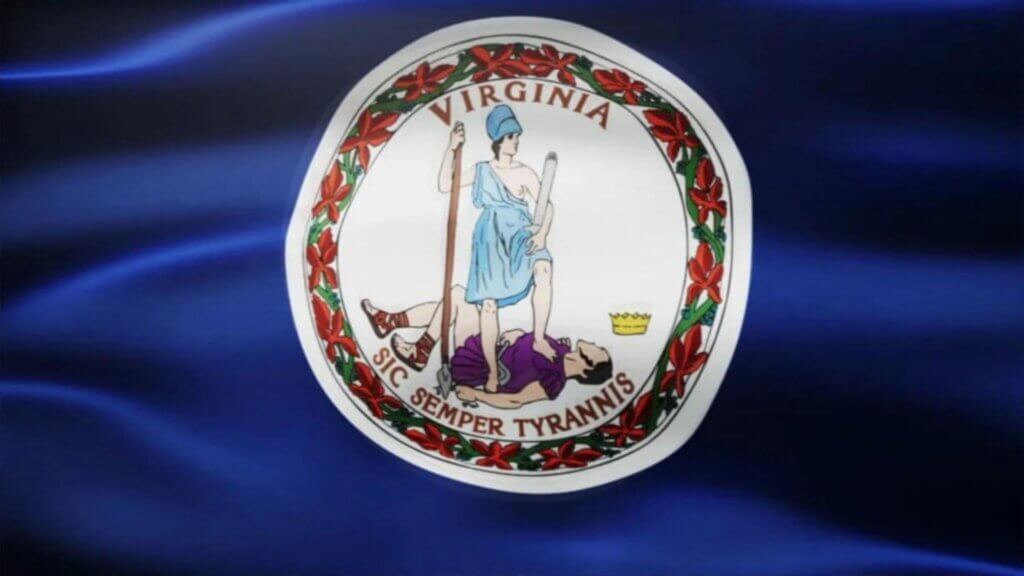
Virginia income taxes apply to residents and nonresidents who receive taxable income from Virginia sources. Anyone who is a resident of Virginia must file an individual state income tax return or Form 760. Nonresidents file Form 763. Virginia has reciprocity agreements with Kentucky, Maryland, Pennsylvania, West Virginia, and the District of Columbia for tax withholding purposes. Individuals who earn more than $20,000 may be eligible for a tax credit on their Virginia returns. Virginia State Income Tax rate is 5.75%, lower than the national average. Sales and property taxes are also low.
Tax deductions available to Virginia taxpayers include a standard deduction, itemized deduction, dependent care credit, and credits for income taxes paid to other states. The state also offers a rebate for low-income families. Those who contributed to long-term care insurance can deduct the premiums, as can foster parents and those who paid an initial screening fee for bone marrow donations.
How to File Virginia State Income Tax?
A person who files a Virginia state tax return must pay any taxes owed unless they qualify for a deduction or credit. Taxes are based on federal adjusted gross income (line 21 of form 1040A and line 37 of form 1040) plus Virginia additions and minus Virginia subtractions computed on Schedule ADJ.
A taxpayer can request a state tax payment plan from the Department of Taxation. The length of the payment plan depends on how much is owed and other factors. Generally, the plan lasts 12 months.
The Department of Taxation can take a variety of collection actions against delinquent taxpayers, including wage garnishments, property levies, and tax liens. Obtaining a payment plan can help a taxpayer avoid or cease these collection actions. Taxpayers who disagree with their initial tax bill can also contact the Department of Taxation for an informal review.

Virginia State Income Tax Due Dates
The Commissioner of Revenue’s office receives and processes Virginia individual income tax returns and first estimated tax voucher 1. Returns are checked for accuracy, and accounts are set up prior to transmitting the information to the City Treasurer. The office also offers a six-month filing extension for current year filers without requiring application. If you file for the extension, you must pay at least 90% of your expected Virginia tax by the original due date (May 1st) to avoid penalty and interest.
We recommend filing your federal and state returns at the same time, if possible. This allows your returns to “piggyback” off each other, which will reduce chances of error and help ensure that your refund is distributed quickly.
Most commercial tax preparation software programs support e-file for both the IRS and your state. You can also e-file using the Virginia Department of Taxation website.
For most individuals filing in Virginia, the state income tax due date is May 1st. Here’s a breakdown of different situations:
Individual Income Tax Filing Due Dates
- Typically: May 1st for calendar year filers (those who follow the January-December tax year)
- Fiscal year filers: 15th day of the 4th month after the close of your fiscal year
- Individuals living abroad or traveling outside the US: July 1st (must still pay any tax due by May 1st)
Important Note: While the filing deadline is typically May 1st, due to the federal extension announced in January 2024, Virginia has automatically extended the due date for filing and paying Virginia income tax to June 1st, 2024. This applies to individual and fiduciary income tax returns originally due between April 1, 2024, and June 1, 2024. You can find more information and updates on the Virginia Department of Taxation website: [https://www.tax.virginia.gov/when-to-file]